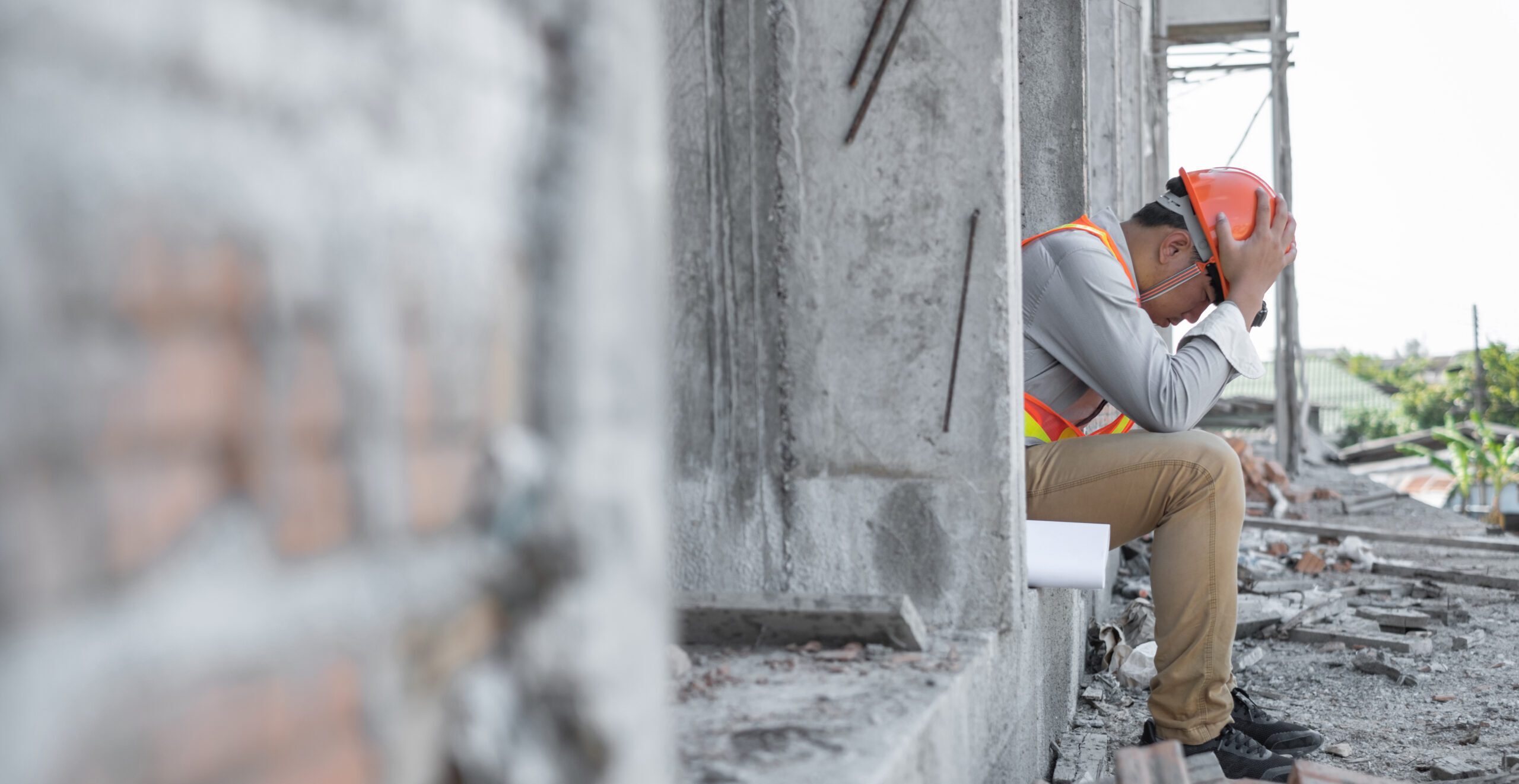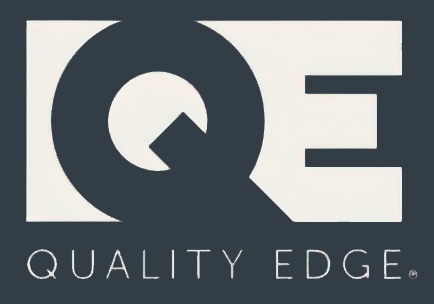Out of all industries surveyed by the U.S. Center for Disease Control (CDC), the construction industry has the most suicides, except for fishermen and farmers.
The CDC studied 17 states, and found that 10.8 percent of suicides worked in the construction and extraction industry.
This concerned us so greatly that we surveyed the web looking for resources that can help managers ensure their organizations are doing as much as possible to prevent such tragedies. We especially like this checklist from Working Minds, which focuses on suicide prevention in the workplace.
For example, the checklist asks questions such as, “How might your workplace culture or even the products and services you create in your workplace impact mental health?”
This might seem like a off topic for a management team, until that team is confronting the horror of a family in their community mourning the loss of a loved one.
The construction industry is a physically demanding form of work that causes fatigue as well as long-term wear and tear on a person’s body. Team members often function for long periods under tight deadlines for demanding clients and supervisors. While other industries might embrace meditation and mindfulness, such stress management approaches don’t always fit naturally with the “just get the job done” mindset of this industry. As a result, “stress management” might equal a few drinks on the way home, which is not a viable strategy to overcome serious mental health issues.
The Construction Industry Blueprint: Suicide Prevention in the Workplace suggests another possible explanation for the high suicide rate in construction. “Cyclical work with regular periods of lay-offs and re-hiring causes uncertainty about employment. Workforce and skill shortages result in laborers working overtime to complete projects. The combination results in a “pressure cooker” atmosphere that can overwhelm employees.”
This is a tough and highly persistent problem. People who commit suicide are grappling with serious mental health challenges. Such challenges can’t be managed by “acting tougher” or through self-medication.
The Construction Financial Management Association (CFMA) established the Construction Industry Alliance for Suicide Prevention. Their site includes a wealth of resources that you can use to foster a healthier work environment and perhaps even save someone’s life.
There’s no excuse for doing nothing. There are many simple steps any workplace can take to save lives, such as sharing the National Suicide Prevention Lifeline, which is (800) 273-TALK (8255).






